Apple will join hands with local partners to bring AI features to iPhones sold in China from the middle of this year.
According to Bloomberg , Apple has assigned several teams in China and the US to work on adapting Apple Intelligence in the mainland, with the goal of launching it as early as May. In addition to the technical work, the iPhone maker also faces other legal challenges.
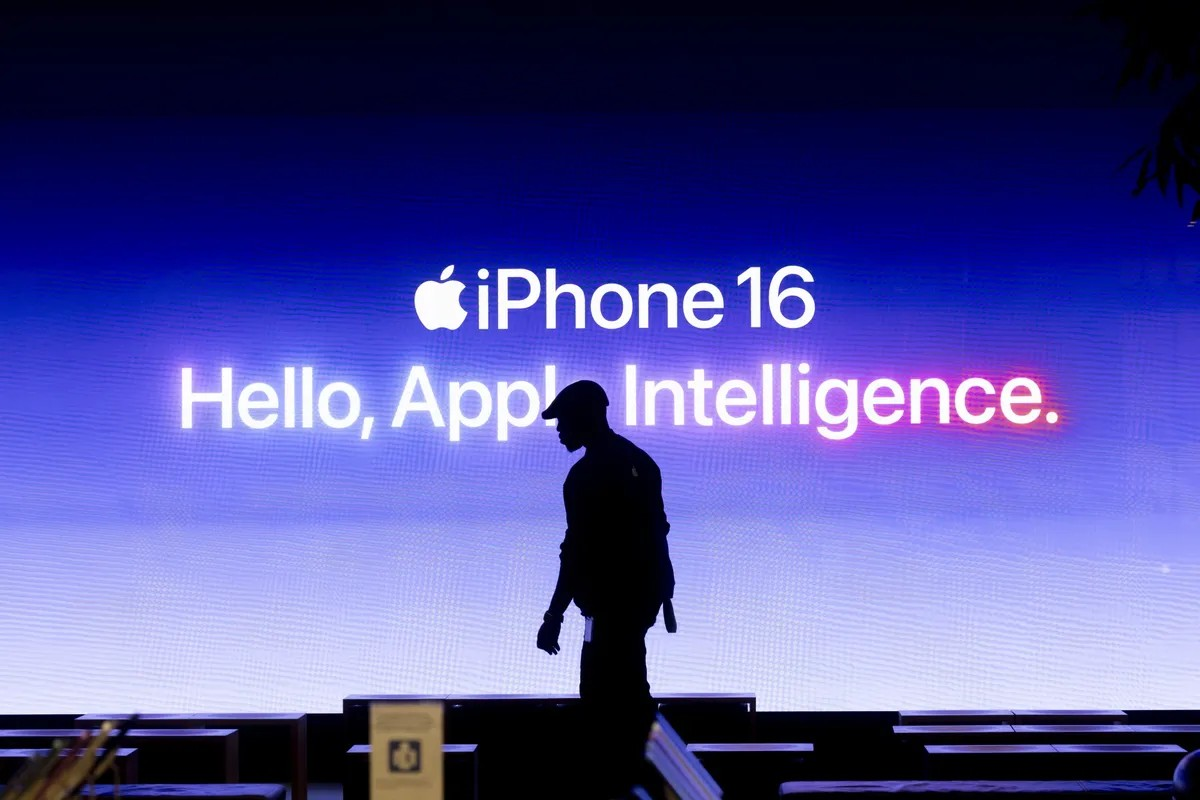
This is a huge pressure for Apple, which is recording a sharp decline in sales in China, its second-largest market after the US. Domestic competitors use AI features to lure users away from iPhones, while bringing AI to the iPhone is an important step for Apple to regain its position.
Apple is forced to rely on local partners — primarily Alibaba and Baidu — more deeply than before. The company is partnering with Alibaba to create a system that runs on the iPhone, capable of analyzing and adjusting AI models for domestic iPhone, iPad, and Mac users. It will censor and filter AI output to comply with government regulations. Meanwhile, Baidu is a second partner, handling other features.
According to Bloomberg , Apple's efforts to bring AI to Chinese users are not simple. The US version of Apple Intelligence has some elements that cannot be automatically transferred to China.
The platform includes three main types of AI: Apple features that run on devices, Apple features that run on Internet servers, and OpenAI chatbots that run on the company's infrastructure.
In China, Apple will use the same on-device AI model as in the US, but Alibaba’s software will act as a layer on top to censor content without the user’s knowledge. China could direct Alibaba to ask Apple to make changes if there are problems with the information it provides to customers. If a device is still running an outdated model, Apple will temporarily disable the AI feature until the data is updated to remove prohibited content.
Apple devices outside of China also use the on-device model, which can be updated behind the scenes, but the process in mainland China will be more frequent.
This new AI system is only available for iPhones and other Apple devices sold in China. That means if a user buys an iPhone overseas and brings it to China, it cannot use the local AI system.
Alibaba Chairman Joe Tsai said his company was one of the few Chinese partners Apple approached for the project. He shared that Apple was very careful.
Baidu is responsible for features like Visual Intelligence, which allows devices to scan objects and retrieve information from the web. In the US, Google and OpenAI technology is integrated into the Visual Intelligence interface. Apple also relies on OpenAI to help answer questions sent to its Siri virtual assistant.
Apple and Baidu have a close relationship. In 2014, Apple CEO Tim Cook told Baidu CEO Robin Li that the two companies wanted to “collaborate more deeply.” Baidu is the default option in the Safari browser in China.
(According to Bloomberg)
Source: https://vietnamnet.vn/apple-dai-tu-iphone-tai-trung-quoc-tu-giua-nam-nay-2371420.html


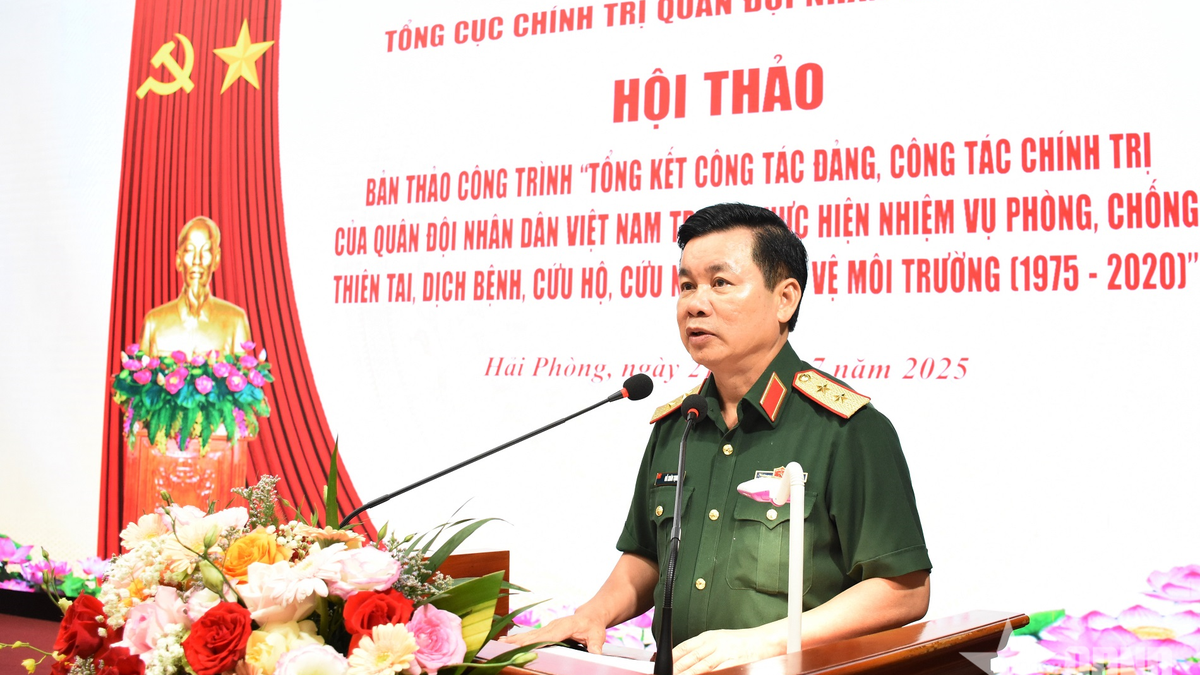



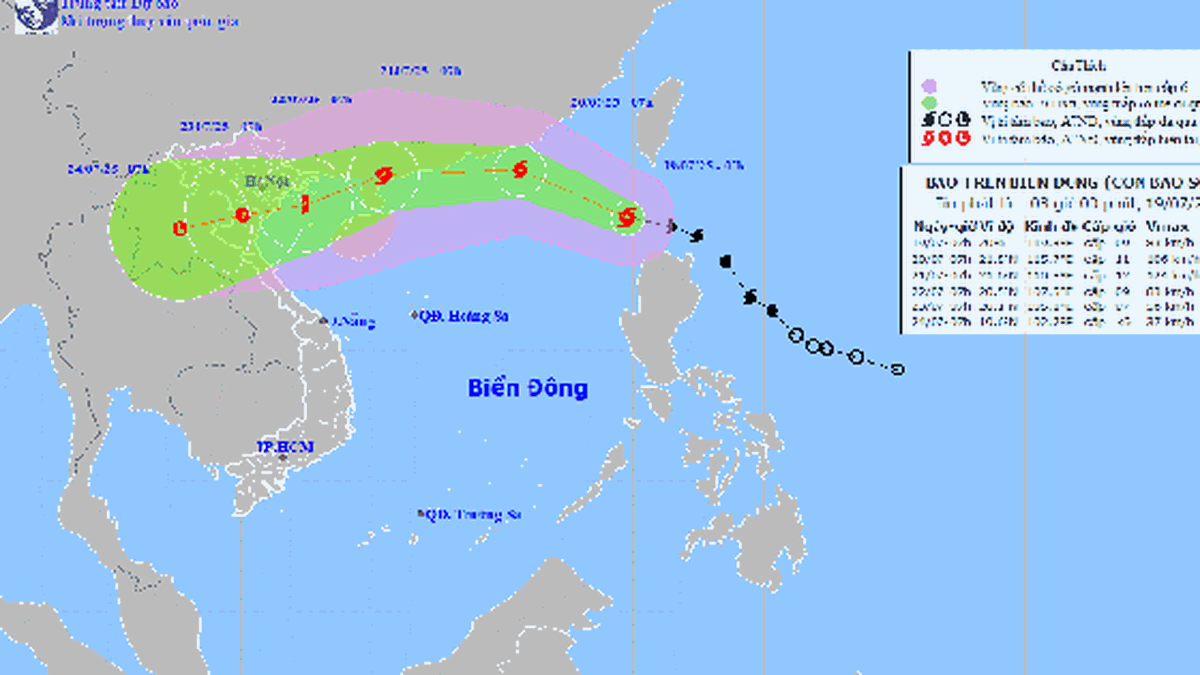






















![[Photo] National Assembly Chairman Tran Thanh Man visits Vietnamese Heroic Mother Ta Thi Tran](https://vphoto.vietnam.vn/thumb/1200x675/vietnam/resource/IMAGE/2025/7/20/765c0bd057dd44ad83ab89fe0255b783)



























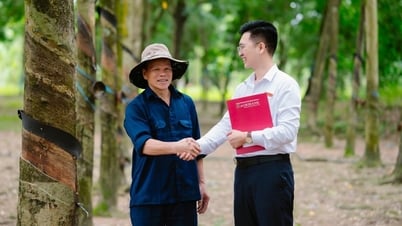






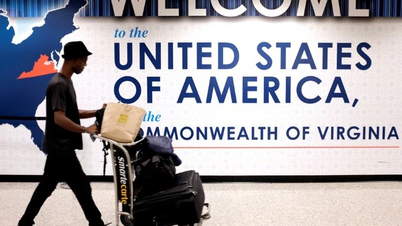


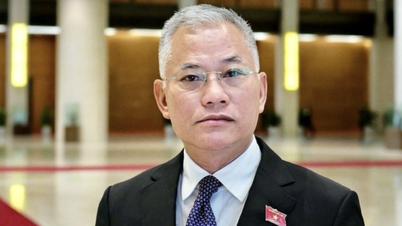































Comment (0)